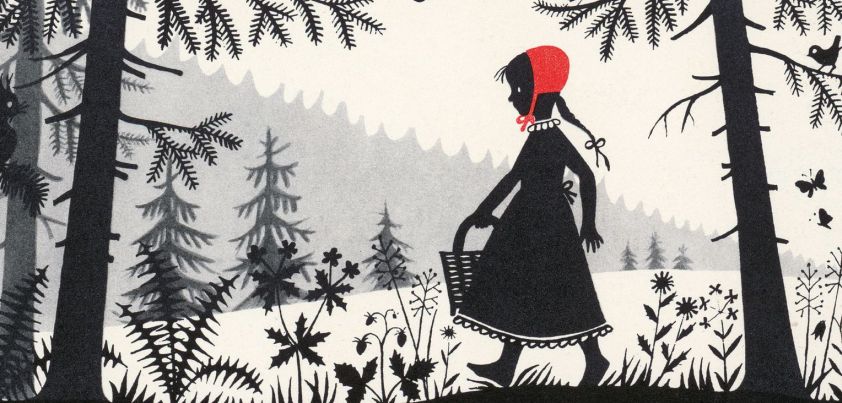 This humorous vignette from Margaret Atwood uses satire to not only highlight the frequent use of stereotypes in children’s stories, but also draw attention to the modern-day obsession with political correctness. A storyteller is humiliated into whittling his twenty-four-word opening sentence down to just one, and then changing it. This illustrates how, taken to extremes, almost anything one says has the potential to offend someone. Atwood’s message is that literature, the performing arts, news reporting and free speech as we know them would be impossible under such constraints. Themes: storytelling, stereotyping, political correctness, freedom of expression. More…
This humorous vignette from Margaret Atwood uses satire to not only highlight the frequent use of stereotypes in children’s stories, but also draw attention to the modern-day obsession with political correctness. A storyteller is humiliated into whittling his twenty-four-word opening sentence down to just one, and then changing it. This illustrates how, taken to extremes, almost anything one says has the potential to offend someone. Atwood’s message is that literature, the performing arts, news reporting and free speech as we know them would be impossible under such constraints. Themes: storytelling, stereotyping, political correctness, freedom of expression. More…
Archives
Rape Fantasies
 This Margaret Atwood story makes extensive use of irony and dark humor to soften discussion of a serious topic. Set in a bar, the protagonist (Estelle) relates a lunchtime discussion she had with co-workers about rape fantasies. Two of them dream of erotic, romantic encounters, while another remains awkwardly silent. Estelle’s imagined attackers all have a physical or mental impediment requiring her help! Themes include gender stereotypes, vulnerability, complacency, and naivety (as exemplified by Estelle’s belief that having a conversation about rape with a man she meets in a bar will protect her against the real thing!) More…
This Margaret Atwood story makes extensive use of irony and dark humor to soften discussion of a serious topic. Set in a bar, the protagonist (Estelle) relates a lunchtime discussion she had with co-workers about rape fantasies. Two of them dream of erotic, romantic encounters, while another remains awkwardly silent. Estelle’s imagined attackers all have a physical or mental impediment requiring her help! Themes include gender stereotypes, vulnerability, complacency, and naivety (as exemplified by Estelle’s belief that having a conversation about rape with a man she meets in a bar will protect her against the real thing!) More…
Happy-Endings
 The six “mini-stories” in this short meta-fictional narrative from Margaret Atwood satirize a common element of the story form. In the process, they touch on a myriad of themes including marriage and romance, family life, self-gratification, desperation, suicide, murder, virtue and compassion. The message seems to be that the ultimate denouement of a story matters little; the key is in its exposition and “How and Why” of events in between. The story also provides a lesson in life: What people will remember most about us after our book is closed is the how and why of the way we lived. More…
The six “mini-stories” in this short meta-fictional narrative from Margaret Atwood satirize a common element of the story form. In the process, they touch on a myriad of themes including marriage and romance, family life, self-gratification, desperation, suicide, murder, virtue and compassion. The message seems to be that the ultimate denouement of a story matters little; the key is in its exposition and “How and Why” of events in between. The story also provides a lesson in life: What people will remember most about us after our book is closed is the how and why of the way we lived. More…